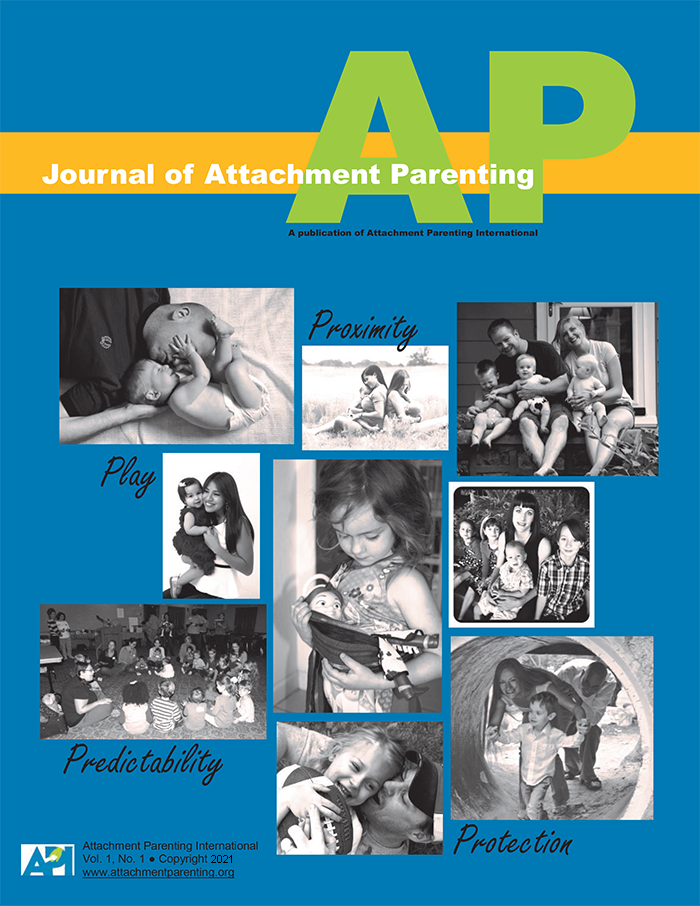Main menu
You are here
Journal of Attachment Parenting
© 2013 - 2021 Attachment Parenting International. All Rights Reserved. API is a 501(c)3 non-profit organization. Donate Now






© 2013 - 2021 Attachment Parenting International. All Rights Reserved. API is a 501(c)3 non-profit organization. Donate Now









